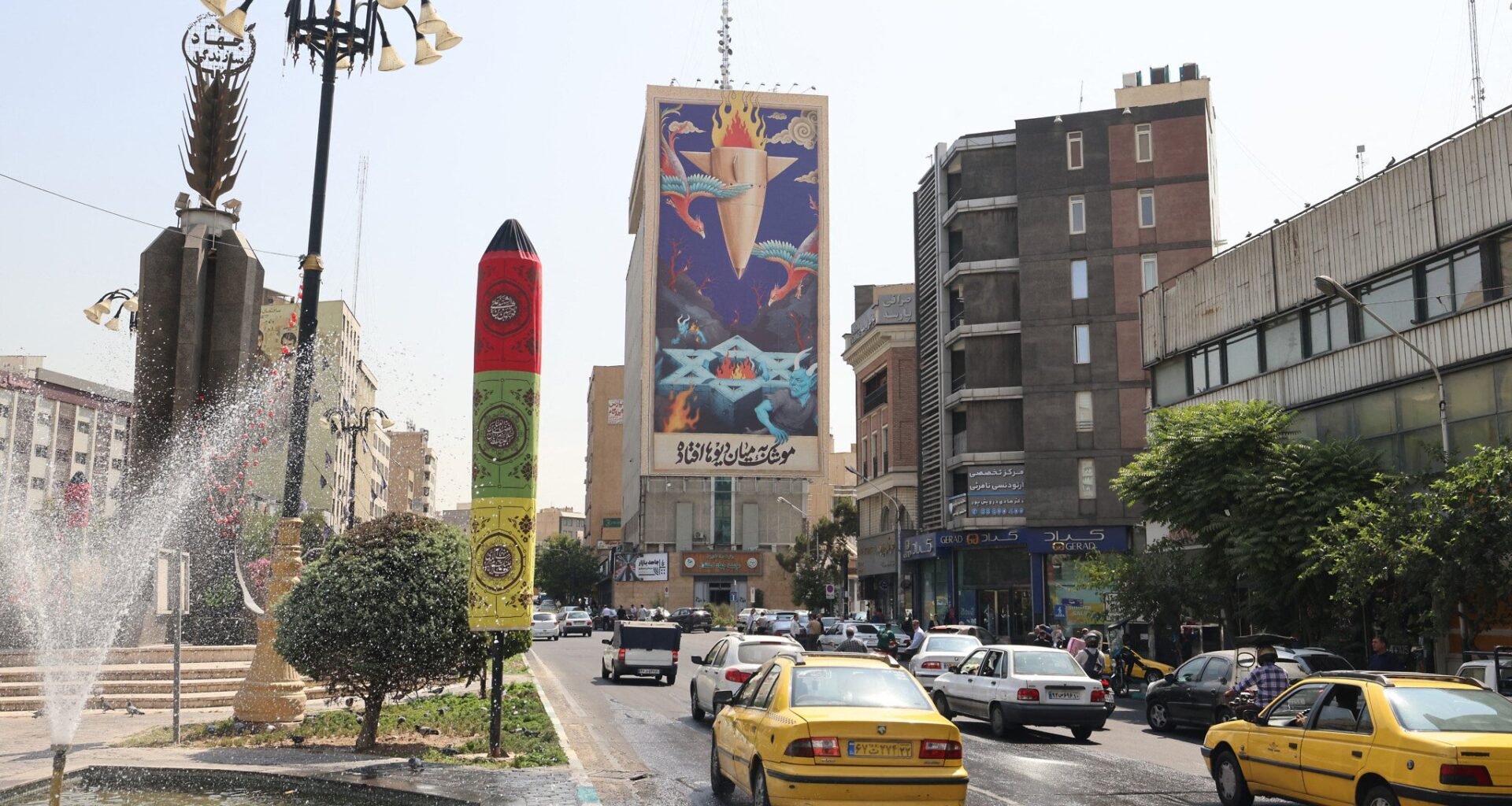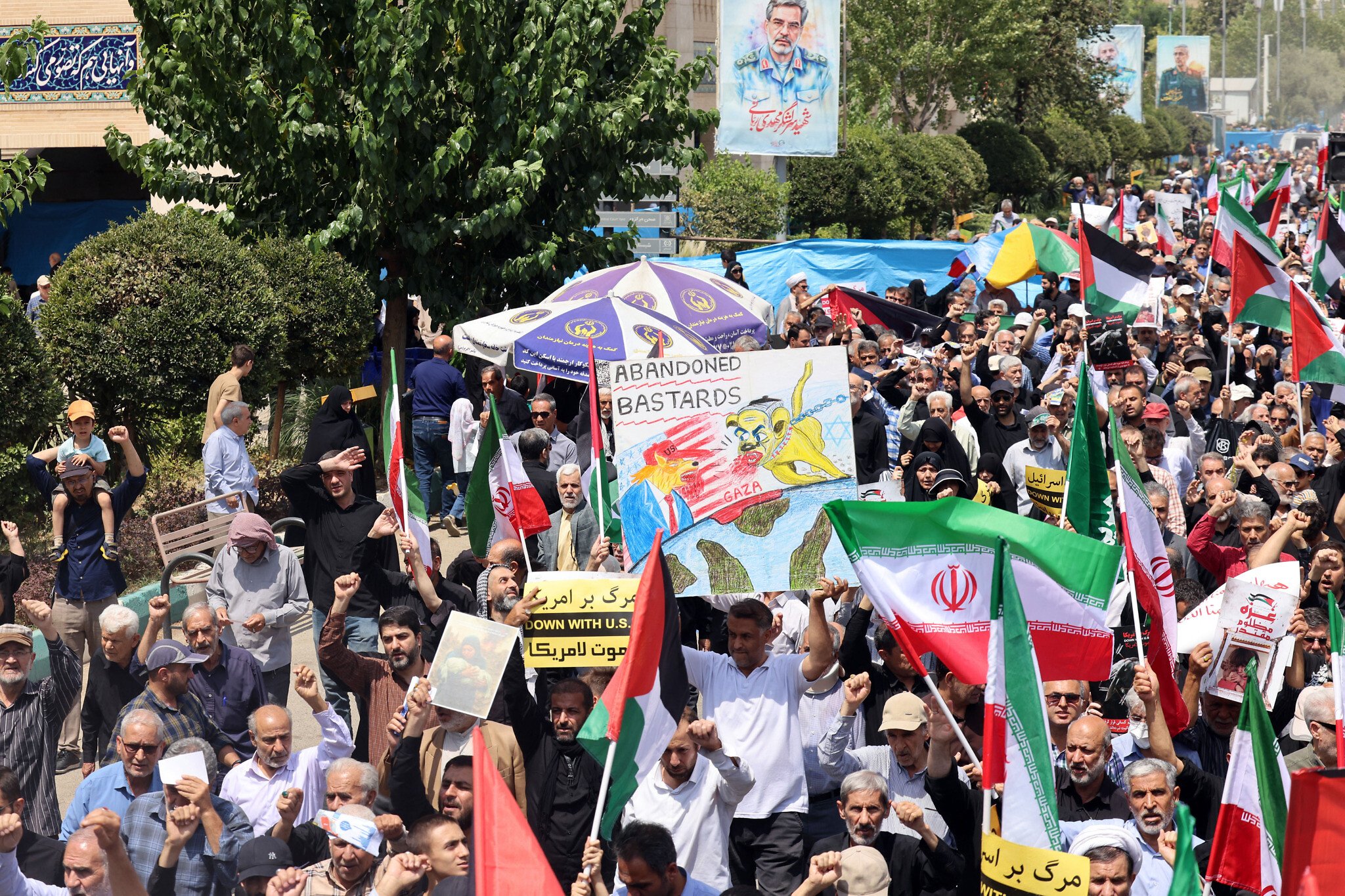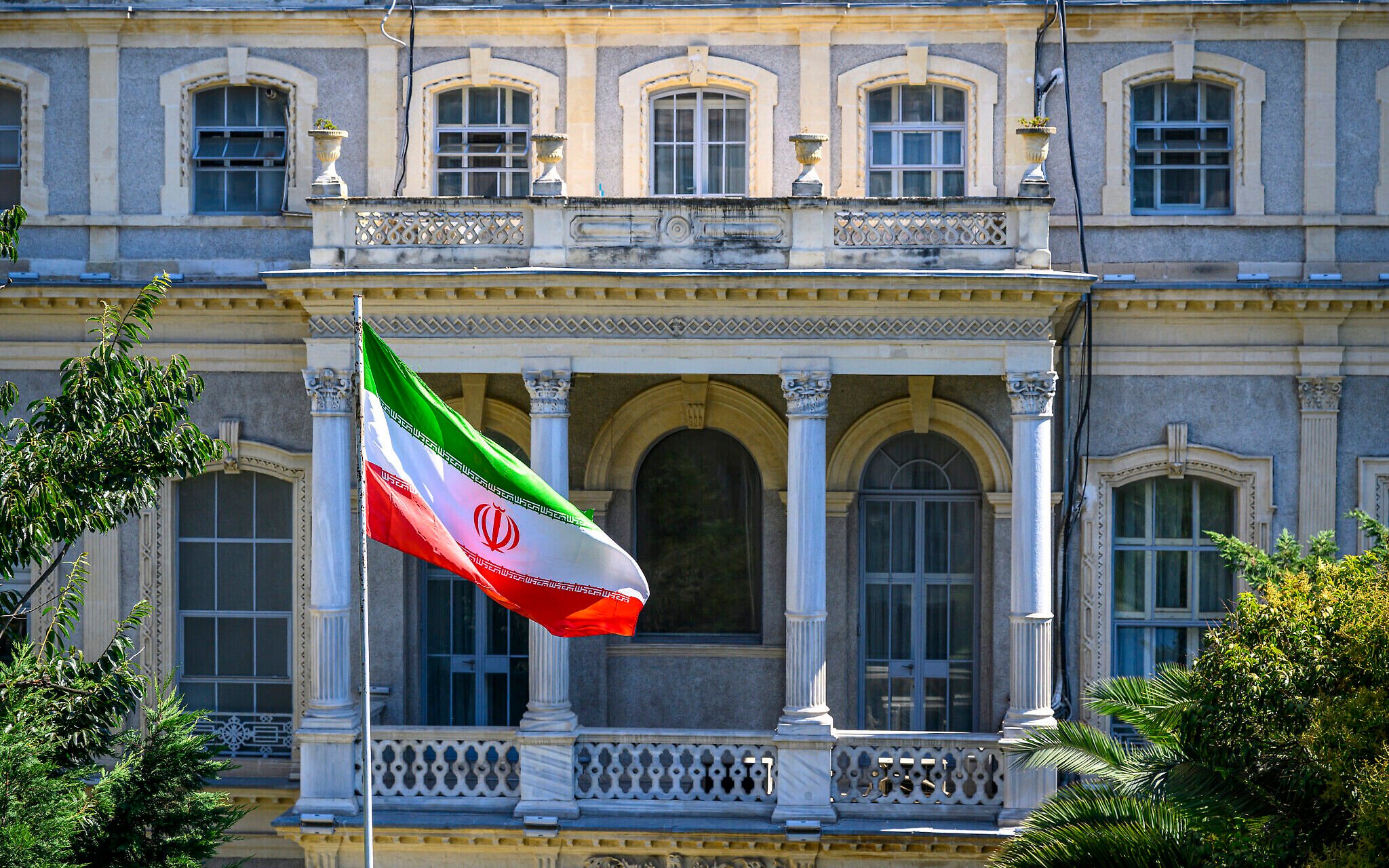TEHRAN, Iran — Nuclear talks scheduled for Tuesday between Iran and Britain, France and Germany will be held in Geneva, Iranian state media reported.
“On Tuesday, Iran and the three European parties to the 2015 nuclear deal, along with the European Union, will hold a new round of talks at the level of deputy foreign ministers in Geneva,” state television said on Monday.
The meeting will be the second since Iran’s 12-day war with Israel in mid-June, during which the United States also carried out strikes against Tehran’s nuclear facilities. The previous round of talks was held in Istanbul on July 25.
The European trio have threatened to trigger a “snapback mechanism” under the 2015 nuclear deal which would reimpose UN sanctions that were lifted under the agreement, unless Iran agrees to curb its uranium enrichment and restore cooperation with IAEA inspectors.
The Islamic Republic suspended nuclear negotiations with the United States after the US and Israel bombed its nuclear sites during the 12-day war in June. Israel said the sweeping assault on Iran’s top military leaders, nuclear scientists, uranium enrichment sites and ballistic missile program was necessary to prevent Tehran from realizing its avowed plan to destroy the Jewish state.
Get The Times of Israel’s Daily Edition
by email and never miss our top stories
By signing up, you agree to the terms
Iran retaliated against Israel’s strikes by launching over 500 ballistic missiles and around 1,100 drones at Israel. The attacks killed 31 people and wounded over 3,000 in Israel, according to health officials and hospitals.
Iranians wave the flags of Iran and Palestine as they march during a rally in solidarity with Palestinians and in condemnation of Israel and the US, after Friday prayers in Tehran, on July 25, 2025. (AFP)
Iran disputes the legality of invoking the snapback clause, accusing the Europeans of not honoring their commitments under the accord.
Britain, France and Germany, along with China, Russia, and the United States, reached an agreement with Iran in 2015 under a deal formally called the Joint Comprehensive Plan of Action or JCPOA.
The deal provided Iran with sanctions relief in exchange for curbs on its nuclear program to guarantee that Tehran could not develop a nuclear weapon — something it has always denied wanting to do.
But Washington’s unilateral withdrawal from the accord in 2018 during US President Donald Trump’s first term in office, and the reimposition of biting economic sanctions prompted Iran to begin rolling back on its own commitments, particularly on uranium enrichment.
At the time of the US withdrawal, London, Paris and Berlin reaffirmed their commitment to the agreement and said they intended to continue trading with Iran. As a result, UN and European sanctions were not reinstated, even as Trump restored US sanctions.
An Iranian flag flutters in front of the Iranian Consulate, where Iranian diplomats meet counterparts from Germany, Britain and France for renewed nuclear talks, in Istanbul, Turkey, on July 25, 2025. (Yasin AKGUL / AFP)
But the mechanism envisaged by European countries to compensate for the return of US sanctions has struggled to materialize, and many Western companies have been forced to leave Iran, which is facing high inflation and an economic crisis.
The deadline for activating the snapback mechanism ends in October, but according to the Financial Times, the Europeans have offered to extend the deadline if Iran resumes nuclear talks with Washington and re-engages with the IAEA.
Iran’s Foreign Minister Abbas Araghchi has said that the Europeans have no right to do so.
Iran has consistently denied seeking to acquire nuclear weapons. However, it enriched uranium to levels that have no peaceful application, obstructed international inspectors from checking its nuclear facilities, and expanded its ballistic missile capabilities. Israel said that ahead of the war, Iran had taken steps toward weaponization.
Is The Times of Israel important to you?
If so, we have a request.
Every day, even during war, our journalists keep you abreast of the most important developments that merit your attention. Millions of people rely on ToI for fast, fair and free coverage of Israel and the Jewish world.
We care about Israel – and we know you do too. So today, we have an ask: show your appreciation for our work by joining The Times of Israel Community, an exclusive group for readers like you who appreciate and financially support our work.
Already a member? Sign in to stop seeing this
You appreciate our journalism

You clearly find our careful reporting valuable, in a time when facts are often distorted and news coverage often lacks context.
Your support is essential to continue our work. We want to continue delivering the professional journalism you value, even as the demands on our newsroom have grown dramatically since October 7.
So today, please consider joining our reader support group, The Times of Israel Community. For as little as $6 a month you’ll become our partners while enjoying The Times of Israel AD-FREE, as well as accessing exclusive content available only to Times of Israel Community members.
Thank you,
David Horovitz, Founding Editor of The Times of Israel
Already a member? Sign in to stop seeing this


